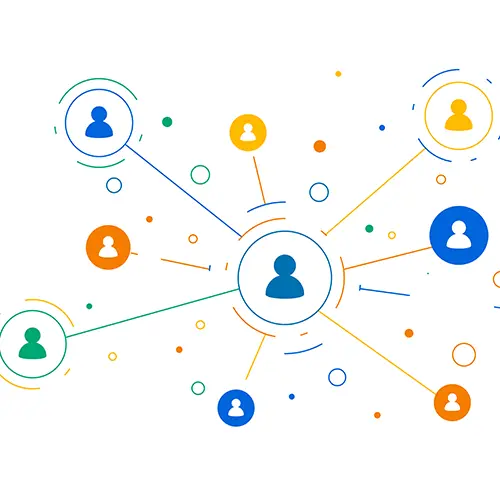DevSecOps stands for Development, Security, and Operations. It is a software development approach that integrates security into every stage of the DevOps lifecycle. Instead of treating security as a final step, DevSecOps ensures that code is tested, reviewed, and protected continuously, from design to deployment.
How DevSecOps Works
In traditional software development, security testing happens late in the process. DevSecOps changes that. Security checks are embedded into the CI/CD pipeline, using automated tools that scan code, configurations, and dependencies early and often.
Core DevSecOps practices include:
- Static and dynamic application security testing
- Vulnerability scanning of open-source libraries
- Infrastructure-as-code validation
- Secrets management and policy enforcement
- Continuous monitoring of deployed applications
Teams use feedback loops, version control, and automation to catch and fix issues before they reach production.
Why DevSecOps Matters
Speed and scale in software delivery can introduce risk. DevSecOps helps development and security teams collaborate instead of working in silos. It:
- Reduces time to detect and fix vulnerabilities
- Builds more secure applications without slowing delivery
- Ensures compliance with security standards
- Improves visibility into risks across environments
This is especially important in cloud-native and containerized environments where changes are frequent and fast.
DevSecOps Adoption in India
Indian enterprises in banking, telecom, e-commerce, and SaaS are shifting to DevSecOps to strengthen product security and meet regulatory expectations. With the rise of microservices and APIs, early and automated security is not a matter of choice anymore. Organizations are investing in toolchains that support code-to-cloud protection and embedding security training into developer workflows.
What You Should Know
DevSecOps is not just about tools. It is about building a culture where security becomes part of everyone’s responsibility.
Proactive works with businesses to assess their current software delivery model, implement secure CI/CD pipelines, and integrate automated testing tools. Whether you are building apps in the cloud or modernizing legacy systems, we help you make security a built-in advantage, not an afterthought.

